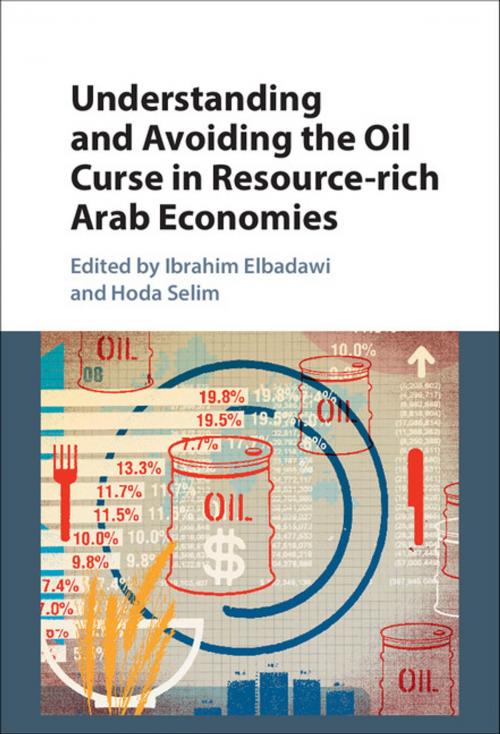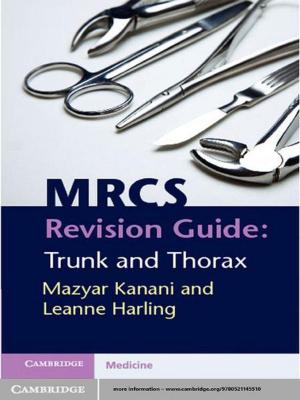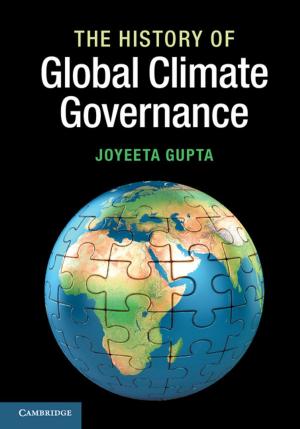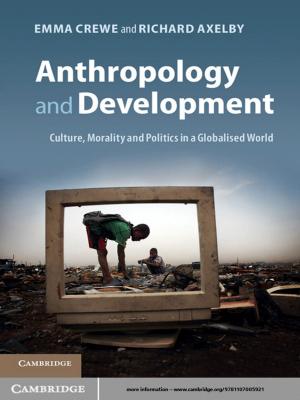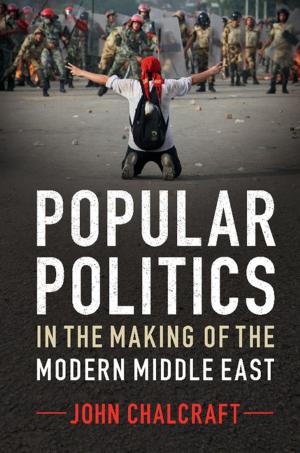Understanding and Avoiding the Oil Curse in Resource-rich Arab Economies
Business & Finance, Economics, Economic Development| Author: | Ibrahim Elbadawi, Hoda Selim | ISBN: | 9781316653227 |
| Publisher: | Cambridge University Press | Publication: | July 14, 2016 |
| Imprint: | Cambridge University Press | Language: | English |
| Author: | Ibrahim Elbadawi, Hoda Selim |
| ISBN: | 9781316653227 |
| Publisher: | Cambridge University Press |
| Publication: | July 14, 2016 |
| Imprint: | Cambridge University Press |
| Language: | English |
For over eighty years the Arab region has derived massive wealth from its natural resources, yet the region's economies remain little diversified, while the oil market is experiencing major structural shifts with the advent of shale gas. Moreover, the resource itself is eventually exhaustible. Under these conditions economic prosperity cannot be sustainable. The critical question is how can the countries of this region escape the 'oil curse'? In this volume, leading economists argue that the curse is not a predestined outcome but a result of weak institutions and bad governance. A variety of analytical perspectives and examination of various international case studies leads to the conclusion that natural resources can only spur economic development when combined with sound political institutions and effective economic governance. This volume, with its unique focus on the Arab region, will be an important reference for researchers and policymakers alike.
For over eighty years the Arab region has derived massive wealth from its natural resources, yet the region's economies remain little diversified, while the oil market is experiencing major structural shifts with the advent of shale gas. Moreover, the resource itself is eventually exhaustible. Under these conditions economic prosperity cannot be sustainable. The critical question is how can the countries of this region escape the 'oil curse'? In this volume, leading economists argue that the curse is not a predestined outcome but a result of weak institutions and bad governance. A variety of analytical perspectives and examination of various international case studies leads to the conclusion that natural resources can only spur economic development when combined with sound political institutions and effective economic governance. This volume, with its unique focus on the Arab region, will be an important reference for researchers and policymakers alike.
